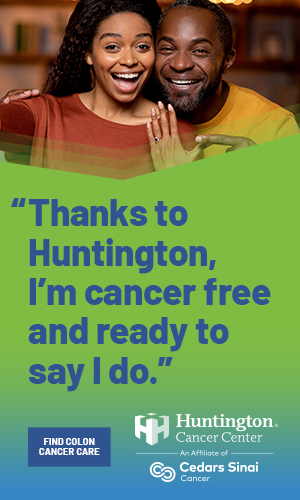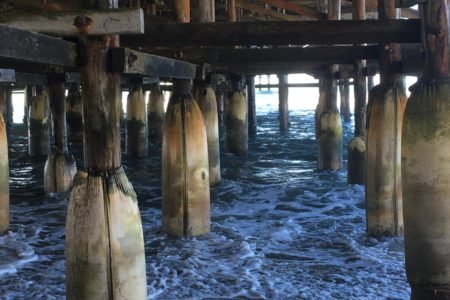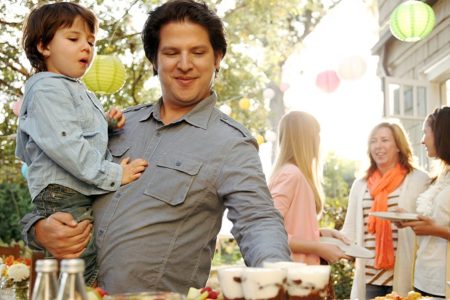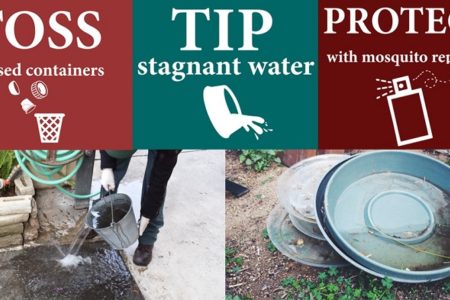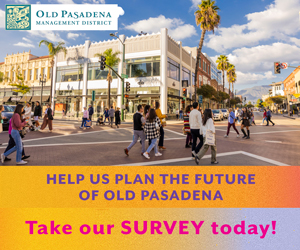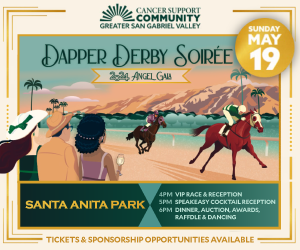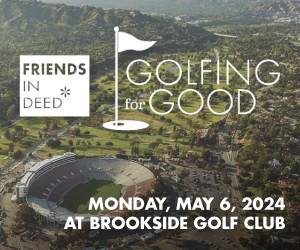 Have you ever wanted to learn exactly how soap is so effective against certain viruses?
Have you ever wanted to learn exactly how soap is so effective against certain viruses?
Well, the Pasadena Public Library invites you to join their STEAM program on Tuesday, January 19, for a special hands-on experience that will teach participants how to build a virus model using soap and other household items.
In this STEAM program called “Virus vs. Soap: Building Virus Models,” kids from 9 to 12 years old will learn about the molecular properties of soap and viruses.
Dr. Daniel Pastula, a neuro-infectious disease expert at UCHealth, the University of Colorado’s non-profit health care system, says soap – even the cheap generic kind – actually works better than hand sanitizer to remove the coronavirus.
The earliest recorded evidence of soap use was before 2000 B.C. among the ancient Egyptians, who combined various plant fats with alkaline salts to create a cleaning substance they bathed in. Soon after, people were using animal fats and ash to make soap.
What makes soap fascinating is its chemistry, Pastula says. With two chemical parts – a head that is hydrophilic, meaning it likes mixing with water, and a tail that is hydrophobic, meaning it likes mixing with oils and fats – soap makes it possible for water and fats or oils to mix.
It’s that chemistry that works against the coronavirus – and in fact, against any other virus or bacteria. Because the coronavirus is essentially a layer of fat, soap molecules can pry themselves into the fatty layer of this particular virus and break it up, thus inactivating the virus, Pastula said. The remnants of the virus will then easily slide off your hands.
Breaking up a fatty envelope encasing the virus particles can take some time, so Dr. Pastula stresses that washing your hands must take at least 20 seconds.
Kids taking part in the Pasadena Public Library’s webinar will need some suppliers to be able to follow along at home and make your own virus model: two squirts of hand soap, a bowl of warm water, a small ball of aluminum foil, two tablespoons butter, and two teaspoons of sprinkles.
The lecture will be presented Live on Instagram @pasadenalibrary.
To register, visit www.cityofpasadena.net/




